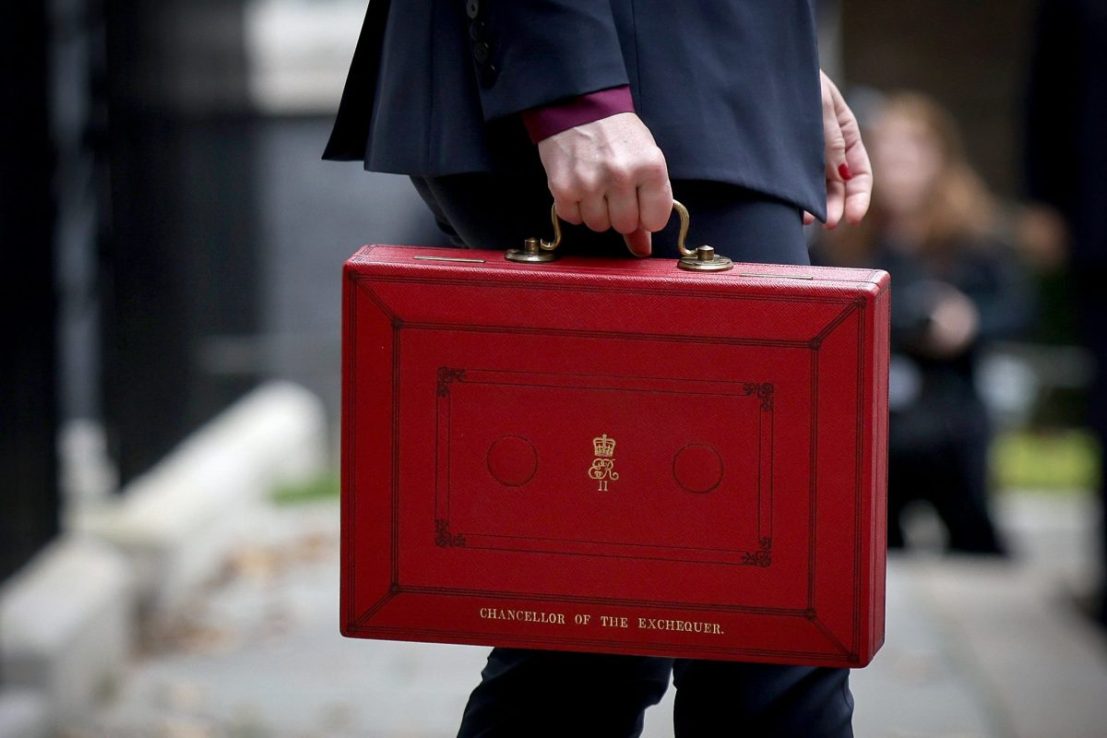Autumn Budget 2024: City of London avoids ‘fright night’ tax raid from Rachel Reeves
While Rachel Reeves’s maiden Budget will hike taxes by £40bn, the City of London has been spared a worst case scenario, writes Elliot Gulliver-Needham. The City has issued a cautious sigh of relief after the Chancellor Rachel Reeves’ Autumn Budget failed to follow through on some of the more radical rumours floated over the past [...]


While Rachel Reeves’s maiden Budget will hike taxes by £40bn, the City of London has been spared a worst case scenario, writes Elliot Gulliver-Needham.
The City has issued a cautious sigh of relief after the Chancellor Rachel Reeves’ Autumn Budget failed to follow through on some of the more radical rumours floated over the past month.
Despite fears that sweeping changes could hit the financial heart of the UK with higher taxes, the sector is viewing the fiscal event as “relatively benign,” said Ben Bathurst, analyst at RBC.
City figures had feared a “fright night”, but the Budget was clearly not a “Truss moment”, added Simon Gergel, CIO of UK equity at Allianz.
“The tax and spending measures announced have mostly been rumoured and discussed in advance, and have been calibrated to be acceptable to most participants,” he said.
With the top rate of capital gains tax hiked to just 24 per cent in the Budget, far below the suggested 39 per cent that had caused panic amongst City investors, analysts were relieved it hadn’t gone further.
“Many will breathe a sigh of relief that the position wasn’t much worse,” said Julia Rosenbloom, tax partner at Shakespeare Martineau, adding that the jump in tax still wasn’t “great news”.
The reforms take capital gains tax to below George Osborne’s increase to 28 per cent in 2010, while the equalisation of the tax for shares and property should “simplify the system,” said Andrew Dixon, head of UK wealth planning at SG Kleinwort Hambros.
The expected scrapping of inheritance tax relief on AIM stocks was also toned down to a 50 per cent relief in Reeves’ Budget, with the half measure boosting the junior market’s share prices by four per cent.
While the rate of tax on carried interest – the personal profits that dealmakers reap on the sale of assets – was pushed up to 32 per cent, it falls well below the worst case scenario for the industry, which had feared it would be equalised with the rate of income tax at 45 per cent.
Nicolas Moura, EMEA Private Capital Analyst at Pitchbook, described this as a “good compromise” for private equity investors, stating: “We don’t believe this will move the dial or drive an exodus of private equity from the UK.”
Michael Moore, boss of the British Venture Capital Association – which had been lobbying government against a more dramatic lift in the charge – said it was “welcome that the government has listened to our arguments” and understood “how important this sector is to the economy”.
However, there were some grumbles among City figures that the Budget hadn’t touched key areas in in need of reform, such as ISA simplification and stamp duty on shares.
“The government says it is pro-business while taxing you to invest in British companies and making it free to invest in US companies,” said Interactive Investor CEO Richard Wilson, describing the lack of change as “madness”.



